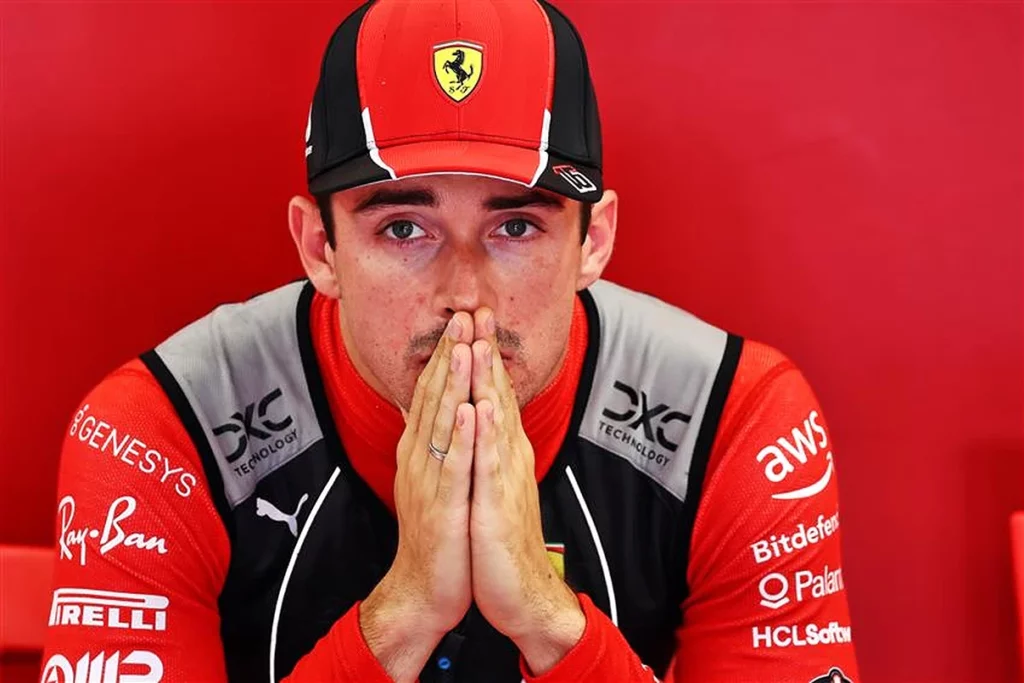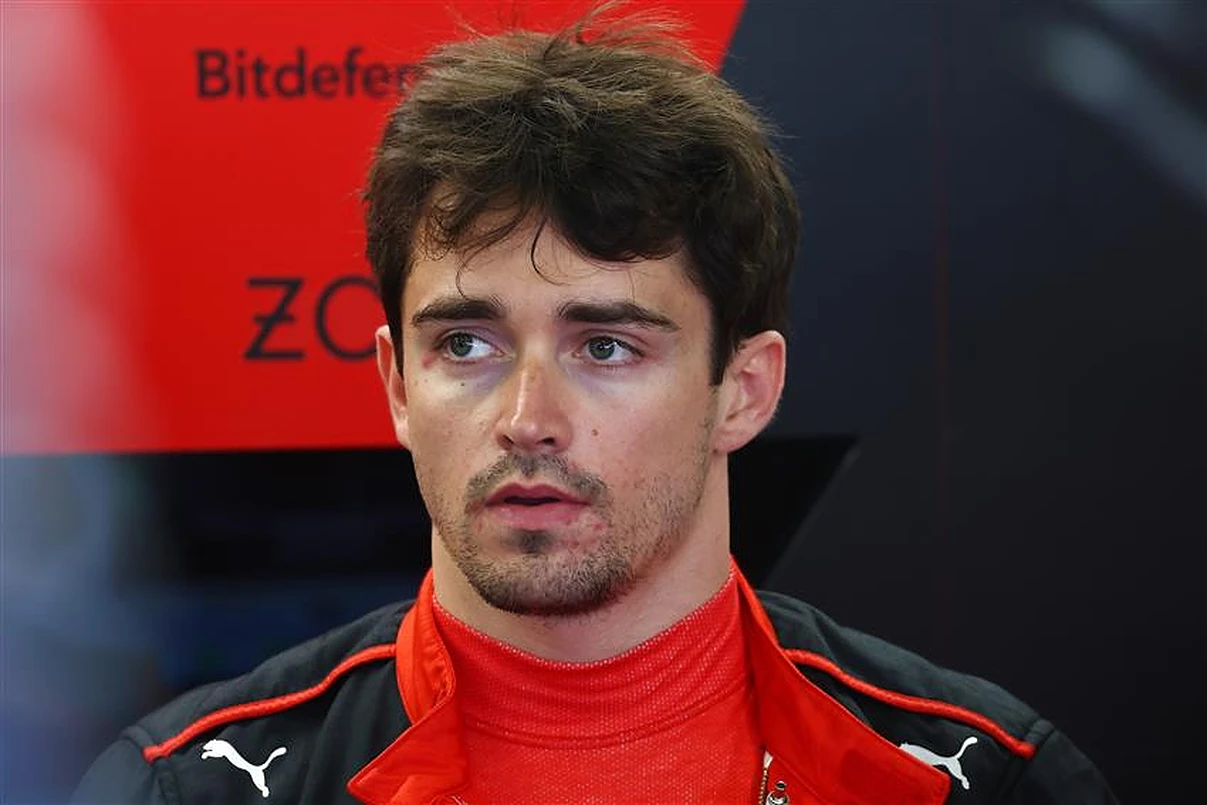Ferrari’s Charles Leclerc has credited team principal Fred Vasseur for his unflappable demeanour, which has played a pivotal role in the team’s resurgence in Formula 1.
Ferrari has been diligently working to unravel the mysteries of its SF-23 car’s struggles, particularly in tire management during races.
Since the Dutch Grand Prix following the summer break, the team has made significant strides, adopting a systematic approach that has yielded crucial insights for its future endeavours, with an eye on a stronger performance in 2024.
Leclerc emphasised the importance of Vasseur’s personality in guiding the team to make rational decisions.

Want to work in Formula 1? Browse the latest F1 job vacancies
He stated, “Fred is super flat emotionally, which I think is really good in the position he is.
“I think as an Italian team, and as Ferrari, what I loved most is the emotions that we feel whenever we are at highs, and how passionate the people are.
“But to have this balance with Fred, I think it is also really good to have the clear vision when things are going wrong.”
The Monegasque driver continued to applaud Vasseur’s ability to maintain composure even in challenging circumstances.
“And also, when things are going very strong, [sticking to the belief] that that’s not it and we still need to work very hard.
“I think we kind of had already that philosophy, but I think Fred has strengthened it and that’s really good.”
Ferrari’s turning point came at the Dutch Grand Prix when the team decided to allocate its Friday practice sessions to comprehensive car experiments instead of focusing solely on tire analysis.
The data collected during these experiments, along with subsequent testing at the Italian Grand Prix, has unearthed vital insights into the weaknesses of the SF-23 car.
Following these breakthroughs, both Charles Leclerc and his teammate Carlos Sainz have experienced improved form, culminating in a victory at the Singapore Grand Prix and a strong performance against Mercedes in Japan.
Leclerc attributed their newfound consistency to a better understanding of the car’s capabilities, particularly after the Dutch Grand Prix and subsequent confirmation at Monza.
Leclerc elaborated, stating, “Definitely the understanding that we had in Zandvoort, especially.
“And then that we confirmed it in Monza with very different characteristics and a very different track.
“That helped us to basically extract the maximum out of the car more consistently.”
While Leclerc expressed optimism about Ferrari’s progress, Carlos Sainz remained cautiously pragmatic.
He noted that despite improved tire degradation in Japan, Ferrari’s primary weakness remains tire life rather than tire degradation.
Sainz emphasised that a two-stop race allowed for more tire management flexibility, which might not be as feasible in one-stop races where tires are pushed to their limits.
Sainz commented, “Our biggest weakness is tire life more than tire degradation, and in a two-stop race, you can kind of manipulate that more than if it’s a one-stop and you are on the limit of the tires for the two stints.
READ: Mick Schumacher to take part in test as Alpine keen to sign him
“Having said that, it was good progress.
“We have been working a lot on the tire management side with the drivers, with the tools of the car, and we’re hoping that it’s incremental gains.
“We know F1 is never something out of the blue; it’s always incremental gains, and we’ve been doing that this season.”

